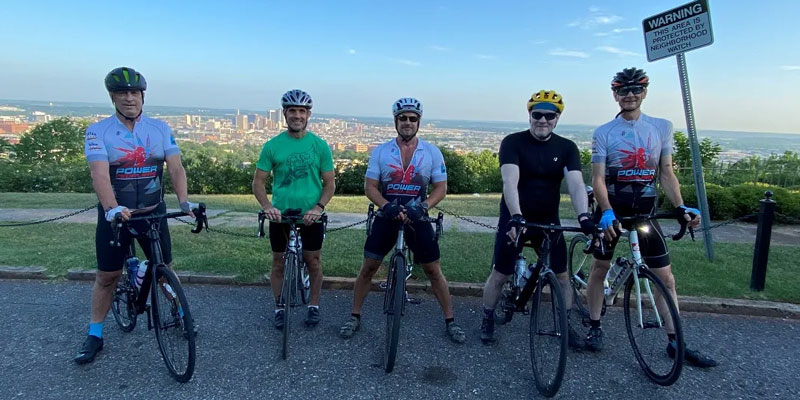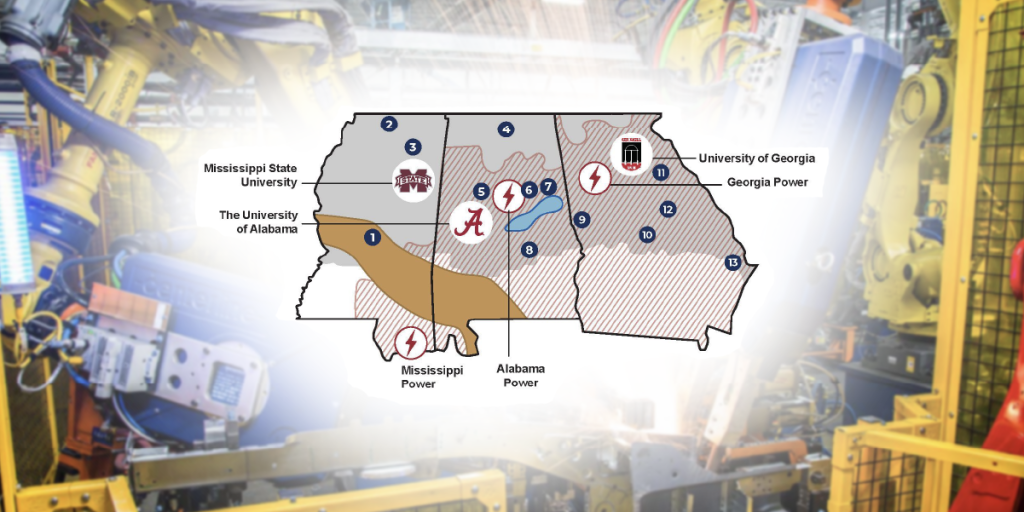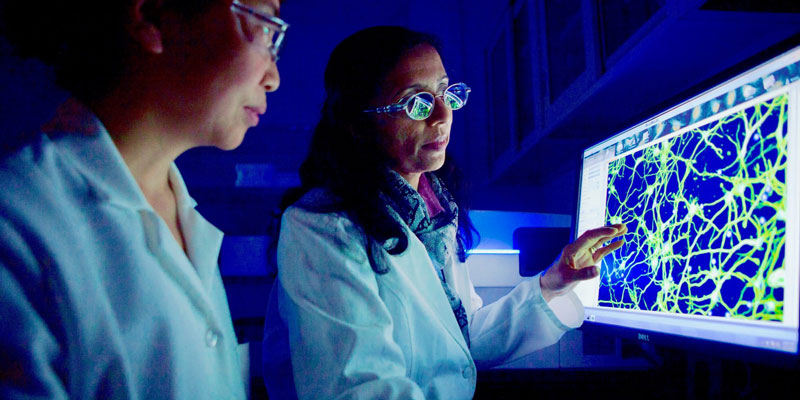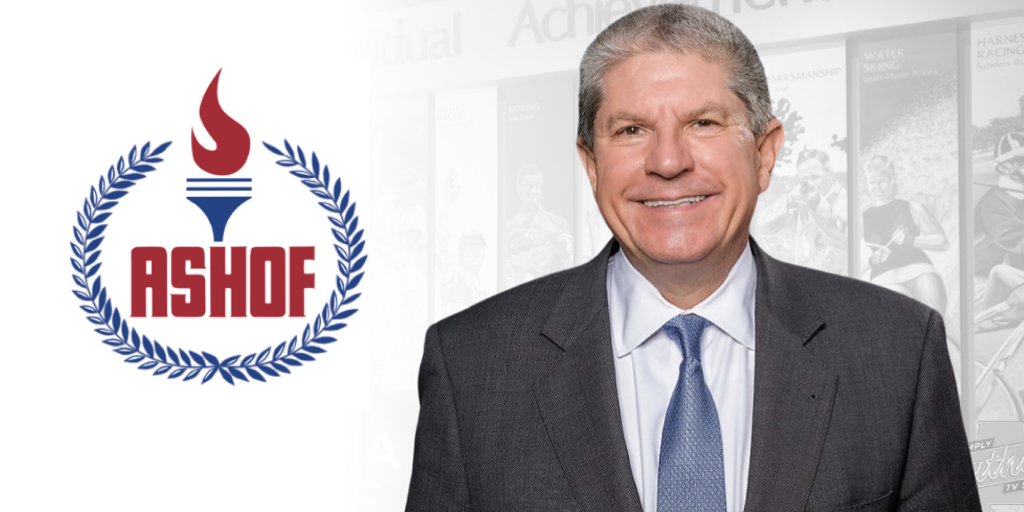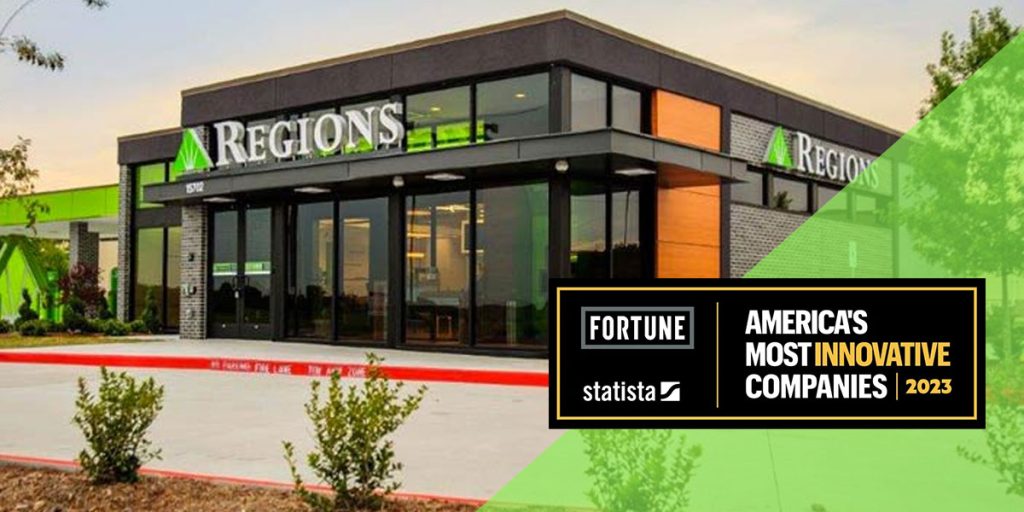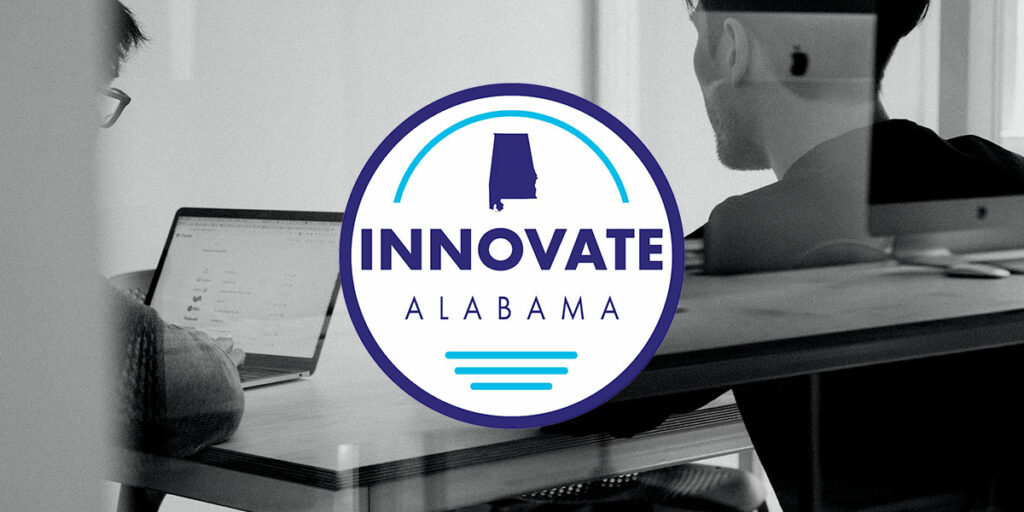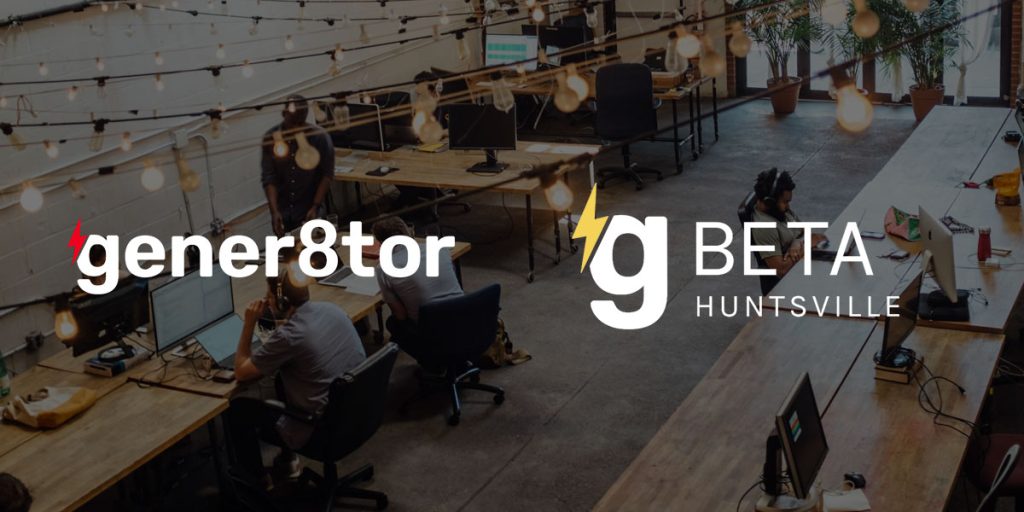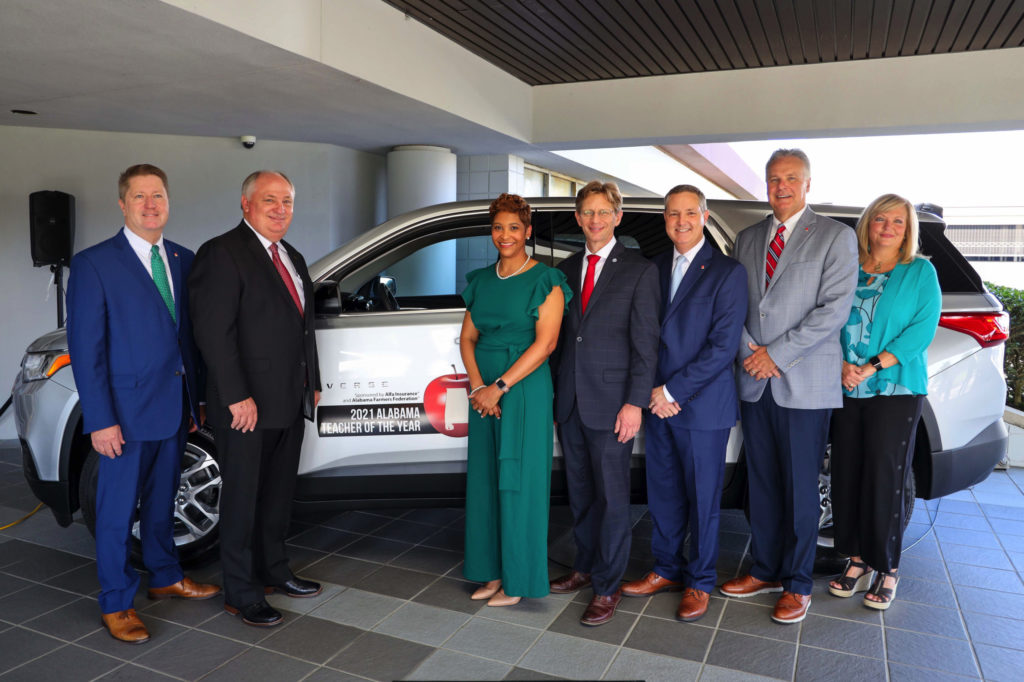Stephen Haber was hiking the trails of DeSoto State Park in northeast Alabama and got himself good and lost. He continued to wander, fully unprepared for what he was about to encounter.
“I happened upon a retired couple in a Ford F-150 pickup truck,” said the native New Yorker who has lived in California for decades. “They could see I was lost, so after chatting a bit with them they said, ‘Heck, we’re going to just take you back to your car because you’re so far from your car it’s going to take you two hours to walk back there. You’re really not where you think you are.’ So they gave me a ride back to my car.
“There were two things about it that I thought were really remarkable,” Haber said. “The first was that it was a pickup truck and not a Tesla, and the second was this never would have happened in California. It’s highly unlikely that anybody was going to give a ride to a stranger back to their car in California.”
Haber knew then that he was a stranger in a strange land, one he had never visited until Alabama Gov. Kay Ivey sought out his employer, the Hoover Institution, a public policy think tank at Stanford University, to advise the Alabama Innovation Commission. Ivey created the commission in July 2020 to find ways to enhance the state’s economic prosperity through entrepreneurship, technology and innovation.
Haber, the Peter and Helen Bing Senior Fellow at the Hoover Institution and its lead adviser to the commission, recounted his hiking misadventure in the recent Hoover podcast “Matters of Policy & Politics: Sweet Home Alabama.” He shared the story to illustrate Alabama’s assets that many outsiders don’t know about – assets he believes will prove valuable as the state positions itself to take advantage of the innovation economy.
“I’m a native New Yorker, and we are not known for our hospitality,” Haber told podcast host Bill Whalen, the Virginia Hobbs Carpenter Distinguished Policy Fellow in Journalism at Hoover, prompting laughter between the two. “We are nice, if a little gruff. But Alabamians put us to shame when it comes to making people feel welcome.”
Beyond Alabamians’ graciousness, Haber said, he was struck by the state’s beauty.
From its beaches, to its hardwood forests, to its Karst landscape of limestone cliffs and rolling hills in the upper two-thirds of the state, ”Alabama the beautiful” offers another advantage.
“For someone who is a rock climber, for example, this is paradise,” Haber said. “For someone who is a road biker, like myself, this is paradise, because nothing is better than rolling hills if you’re a cyclist.” He also proclaimed Alabama “paradise” for golfers and birdwatchers.
‘Frontier of the innovation economy’
Haber said a third asset is that Alabama’s leaders “see an opportunity for the state to move to the frontier of the innovation economy … and they’re being very thoughtful about that.”
“These are all huge surprises for me as someone who grew up in New York and has lived in the West for 35 years,” he said.
Haber and the rest of the Hoover Institution staff are working to help capitalize on the state’s assets as Alabama looks to “build an infrastructure such that the next technological revolution, whatever it’s in, takes place in Alabama rather than somewhere else,” he said.
Whalen noted that the stakes are “very personal” to at least one Hoover Institution staffer: Director Condoleezza Rice, a former U.S. secretary of state and Innovation Commission Advisory Council member who was born in Birmingham. “She has a passion for this as well,” he said.
The Innovation Commission already has made a significant impact with its work since its first meeting in August 2020. The Legislature approved and Ivey signed into law the commission’s priority bills from its interim recommendations, creating an Alabama Innovation Corporation to accelerate the growth of the state’s innovation economy, and a state matching program for small businesses that have received federal grants to stimulate innovation.
Zeke Smith, chair of the Innovation Commission’s Advisory Council, congratulated the commission and the Legislature for the priority bills becoming law.
“They lay the groundwork for even more success as Alabama moves to capitalize on innovation to drive its economy. The Hoover Institution already has played a valuable role in the commission’s work, and I look forward to its final recommendations,” said Smith, Alabama Power’s executive vice president for External Affairs, following the podcast.
Hoover joined the state’s effort in December 2020, and its work and the recommendations that result will be part of the commission’s report to the governor and Legislature due in October. Hoover’s focus is on developing data-driven policy recommendations in four areas:
Business Incentives and Prosperity. Hoover researchers are evaluating the state’s current incentives for attracting businesses, as well as what works – and doesn’t – in incentive programs around the country.
Deploying Broadband-based Education. Hoover’s Macke Raymond, director of the Center for Research on Education Outcomes (CREDO) at Stanford, has researched the current state of and potential for broadband across Alabama to boost the quality of instruction in K-12 schools, especially in STEM (science, technology, engineering and math).
Fostering the Role of Universities. Working with senior faculty and administrators from Alabama universities, Hoover is studying some of the most productive innovation economies in the U.S., such as California’s Silicon Valley, North Carolina’s Research Triangle and Route 128 in the Boston area.
The Outdoor Recreation Lab. This one is Haber’s baby, which is why he has hiked and biked during his visits to Alabama – getting lost in his work, so to speak. Haber and group are looking at outdoor recreation in Alabama as a recruiting tool that has the potential to grow an economy of its own.
“The general thrust of the Hoover work to the Alabama Innovation Commission is going to be for the state to focus on bringing people in, and hold the people that are graduating from its universities so that the market economy can generate products that don’t yet exist or that people have not imagined,” Haber said.
The key to doing this, he said, is to position the state closer to “the frontier of new industries.”
‘The right infrastructure’
“That means bringing people with very well-developed and complementary skill sets into the state. In order to do that, however, Alabama has to have the right infrastructure. There’s got to be broadband infrastructure. There’s got to be a well-trained workforce, that is, K-12 education,” Haber said. “There’s got to be the legal infrastructure, particularly for university professors to turn their scientific or engineering research into commercializable products. And there’s got to be an outdoor recreation infrastructure.”
A 21st century innovation ecosystem has to be able to attract and hold high-skilled people, Haber said.
“I look at people in my daughter’s generation and what they want to know is what are they going to do on the weekends and after work. Can I go kayaking? Can I go canoeing? Can I go mountain biking? Can I go rock climbing? Can I whitewater raft? Can I hike? Can I camp? Can I surf?
“These are how to attract high-skilled people. Younger people are particularly attuned to the outdoor environment and the kind of recreation opportunities it will afford,” he said. “So I think it’s a necessary part of a successful ecosystem.”
Bolstering outdoor recreation in Alabama also creates jobs and grows small companies that service the industry. Haber cited the Joe Farm, which has been raising Black Angus cattle for more than three generations on 200 acres near Greensboro in Hale County. Christopher Joe started the business Connecting with Birds and Nature Tours to lure birdwatchers to the family farm.
“He’s seen that there’s demand for outdoor recreation and he’s created a business aimed at grabbing some of those revenues to sustain his farm,” Haber said.
Along with growing the outdoor recreation industry, Haber wants to see universities unleash the power of their professors to create and grow businesses. But the state’s policymakers will have to relax regulations that hinder entrepreneurship.
He cited his favorite example of Irwin Jacobs, an electrical engineering professor at the Massachusetts Institute of Technology who moved to the nascent University of California San Diego. Within two years, Haber said, Jacobs had founded his first startup, and after about a dozen more he had founded Qualcomm, “which, of course, now powers every smartphone on the planet.”
Qualcomm has grown into a $25 billion company with 30,000 employees, Haber said.
“But that was only going to happen if there were the right rules in place, the legal infrastructure, that would allow someone like Jacobs to move back and forth between the classroom and his own startups,” he said.
Fertile environment
In other words, few startups are likely to grow into a Qualcomm, but it won’t happen without the state creating a fertile environment to grow an innovation economy – and ensuring there’s a good quality of life for keeping and attracting the high-skilled workers needed for that economy to blossom.
Haber noted that innovation and economic development “are not events; they are processes.” That means that while there will be notable progress in the short term, “they unfold on the scale of decades … rather than month or years, although you can set something in motion with some smart decisions about infrastructure, including legal infrastructure, now.”
Whalen said Hoover’s role with the commission is laying the groundwork now for what’s to come, and noted the think tank historically “has not dabbled that much in state government. … That’s one of the things that intrigues me about this. If states are the laboratories for democracy, they are also the laboratories for innovation, as well.”
Haber acknowledged that Alabama is Hoover’s first foray into working with a state government on policy.
“I don’t think it’s the last,” he said. “In talking with Condoleezza Rice about this, we share the view that a lot of the issues and challenges that face America are actually going to be solved at the state and local level, not the federal level.”
Haber said it is easier to work at the state and local level, and you can see change happen more quickly than at the federal level.
“It also affords, just out of pure self-interest and joy, the ability to get to know people and regions that I wouldn’t have gotten to engage in otherwise.”
Whalen responded: “And in this case, people happen to be very nice and in a state where it’s a great place to hike and bike.”
“It is particularly nice to do that,” Haber said.
(Courtesy of Alabama NewsCenter)




